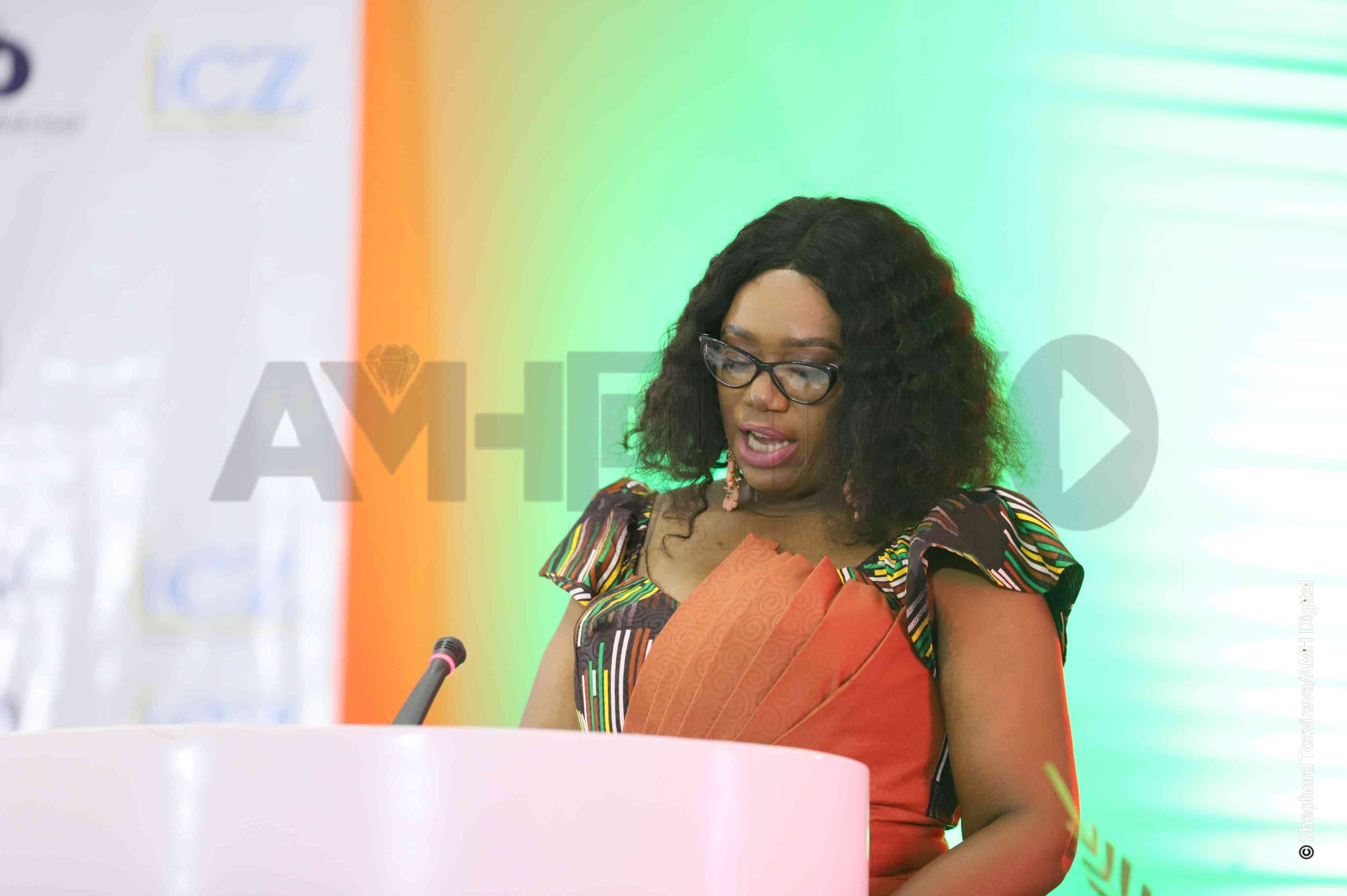
IT’S a wrong time to get sick in Zimbabwe. The situation is worse if you are diagnosed with a chronic disease or one needs an emergency surgery. It is almost like a handed down death sentence for immediate execution. How horrific!
Many recorded deaths are avoidable. Millions of Zimbabweans have no access to basic health care and are dying in their homes. Some are dying on the streets from preventable ailments. How many people do you know or have heard of who have died from headaches, or in their sleep or collapsed and passed on?
Some are very young in their 20s and 30s. In most cases, the families only discover the cause of death after a post-mortem. It is always heart-breaking to find out that the life could have been saved if the person had sought medical attention early. People are not going for regular check-ups because they cannot afford exorbitant fees charged for consultation and other medical services.
In recent years, the astronomical cost of health care has reached unprecedented levels. This has left many people and their families in despair.
The exorbitant costs associated with medical services is rendering them inaccessible to the majority of Zimbabweans.
With specialist services, private health care is increasingly becoming unaffordable.
Only 10% of the country’s population is under medical insurance. The high medical insurance premiums, which this month went up by as high as 700% and substantial shortfalls of the cover, have rendered them unattainable for the majority of the population.
With the shortfalls for Zimbabwe dollar denominated medical insurance widening every day, some people can no longer afford private medical health care and services.
- Mbavara eyes to resurrect Matavire’s music legacy
- Zim exiles panic over SA permits
- Zim exiles panic over SA permits
- Social media platforms should act on hate speech
Keep Reading
One of the most distressing consequences of the skyrocketing health care costs is the diminishing access to speciality services. People suffering from conditions like hypertension, kidney ailments, heart disease and diabetes are left with limited options.
The situation is particularly grim for individuals who rely on dialysis for survival. It costs more than US$600 co-payment a month for a person with medical insurance for dialysis – which is US$60 co-payment per session at a private institution. The cost is double or even treble for an individual without health insurance.
The costs are just as high at the government-run Parirenyatwa Referral Hospital, where a person has to fork out US$30 for Epoetin, US$10 for heparin, US$5 for iron sucrose and US$5 for syringes, totalling US$50 per session. These are poor people who struggle to raise transport fare to go for the dialysis.
The costs associated with this life-sustaining treatment have forced some patients to make the unthinkable decision of discontinuing dialysis.
Many of the patients are now also considering the option of reducing frequencies. This is heart-breaking.These choices driven by financial limitations, robs them of their chance to live healthy, productive lives.
This raises the question of what form of financial protection ordinary Zimbabweans have in the face of medical emergencies.
The state of health care in Zimbabwe has now reached a critical juncture and a worrying trend of self-medication has emerged. This has dire consequence, particularly for those with chronic illnesses, who are left without access to vital medication and doctor consultations.
A lot of medical institutions, including specialists, are now demanding payment in United States dollars and are not accepting ZWL medical insurance.
As political parties prepare to launch their manifestos, they must proffer solutions that create a sustainable and equitable health care system that prioritises the well-being of all Zimbabweans.
As a nation, we demand action.
It is high time for the government and relevant stakeholders to address this pressing issue before more lives are needlessly lost.
With general elections next month, we are keen to hear from the aspiring presidential candidates and their political parties their health care plan.
What are Citizen Coalition for Change (CCC) and Zanu PF proposals to change how Zimbabweans access health insurance and basic health care services?
In other nations, health care proposals are among the key determinants of who wins a presidential election. In the United States there was raging debate around former president Barack’s Obamacare.
Seven weeks to an election, Zimbabweans are clueless about what the presidential candidates are offering.
We are still waiting for their manifestos. This shows either a lack of seriousness or that they take their citizens for granted and will continue campaigning using populist rhetoric.






